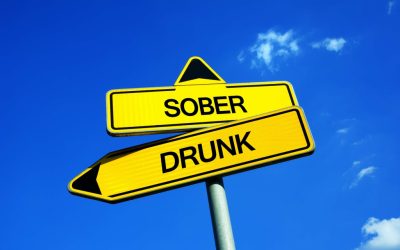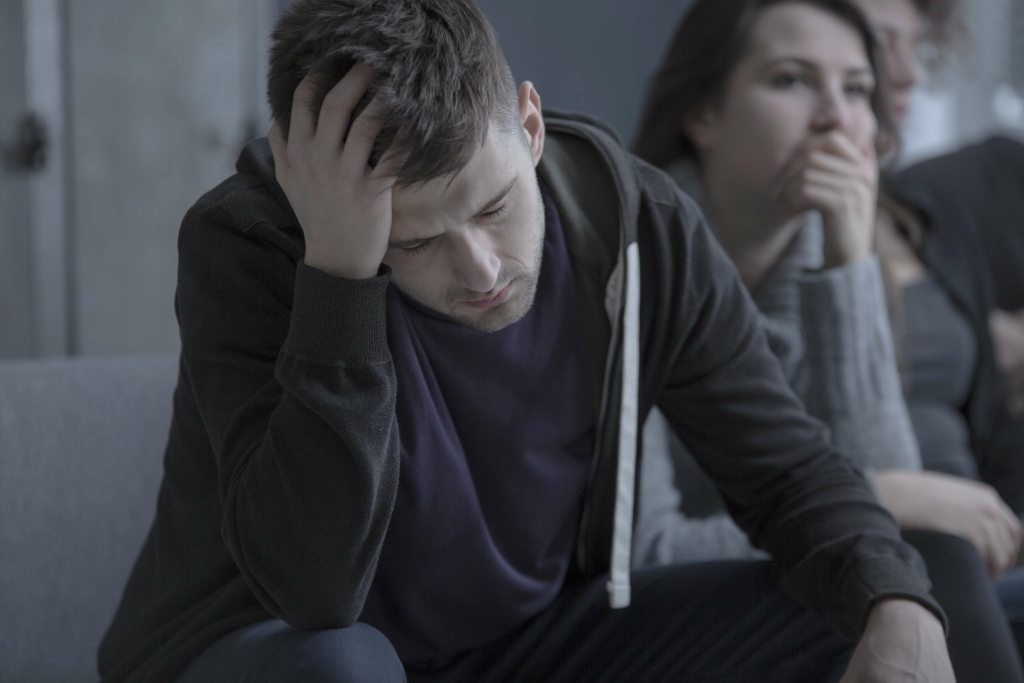Even as the harsh symptoms of withdrawal fade, sleep disturbances could persist. Research shows that individuals recovering from alcohol use disorder often continue to experience fragmented sleep, insomnia, and difficulties achieving appropriate sleep duration. However, keep in mind that “sleeping it off” can be dangerous when someone has had a large amount of alcohol. Your blood alcohol level can continue to rise even after you pass out.

Done With Alcohol? Here’s How To Stop Drinking
Those effects of alcohol on the biological clock appear to persist even without additional drinking, according to research. Chronic insomnia is a recurring difficulty in falling or staying asleep, persisting for at least three months. Although sleep disturbances are common during alcohol detox, ongoing problems hint at more severe issues.
- Although this may not work for everyone, some people benefit from listening to relaxing music before going to bed.
- Many people who are recovering from alcohol use disorders had sleep problems that predated their alcohol dependence.
- Binge drinking occurs when a man has five drinks, or a woman has four drinks within two hours.
- Motivate yourself to stick to the healthier alternative routines and solutions.
- When you don’t get enough sleep, you build up sleep debt and this can tank your energy levels.
- It takes about 3-5 hours for the effects of caffeine to wear off.
- The duration of these sleep stages can vary by person and by age.
When Should I Stop Drinking Before Bed?
If a person chooses to consume alcohol, they should do so safely and take whatever steps are necessary to avoid putting themselves and others in harm’s way. Some proponents suggest that carbon or charcoal capsules, which people can buy in health food stores, may help with sobering up. You’ll do yard http://stungun.ru/stun_dostavka work and grocery shopping alone—so why not the fun stuff? Researchers have found that people who go to the movies, see a concert, or visit an art gallery solo experience mental-health benefits similar to those of people who goin groups. Further, Alcohol leads to a chemical imbalance in the brain.
Why Do I Fall Asleep When I Drink Alcohol?
If you are experiencing sleep problems, be sure to talk to your doctor about your options. Working on your sleep hygiene is another way to help prevent or reduce insomnia. These are changes you can make to your environment and routine to help promote sleep. Sleep problems are often viewed as one of the last things to improve among people in alcohol recovery. It is also a symptom that poses a significant risk for relapse.
- A lot of emotions — frustration, sadness, bitterness and more — may whirl through your mind.
- Sleep problems are often viewed as one of the last things to improve among people in alcohol recovery.
- It then suggests positive, influential messages that have lasting results on your everyday behaviour.
- Research shows that individuals recovering from alcohol use disorder often continue to experience fragmented sleep, insomnia, and difficulties achieving appropriate sleep duration.
- Alcohol may offer temporary relief from stress, but it exacerbates anxiety and depression in the long run.
It can be a particularly helpful way to help you get a clearer understanding of your drinking habits and your relationship with alcohol. It’s a 10-question screening test that https://coloradonewss.com/how-to-raise-the-level-of-testosterone-in-men-naturally.html gives you research-backed, personalized advice for quitting or reducing your intake of alcohol. Whatever your reason to quit drinking, know that you’re doing yourself a favor.

Get some exercise during the day
You may begin to feel the effects of alcohol within 10 minutes of drinking. If you still have trouble falling asleep after making these changes, consider consulting a healthcare professional. You might have a sleep disorder or another underlying condition that is interfering with your sleep. Your doctor can help identify the issue and work with you to develop a treatment plan. When initially beginning meditation methods, you may find it takes longer to reach a state of relaxation. As you become more familiar with the process, you can begin to relax more quickly and fall asleep.
But that advice changes if you’re living with alcohol use disorder. But if you’re living with alcohol use disorder, drinking is more than a habit. People with alcohol use disorder can’t stop drinking even when it causes problems, like emotional distress https://netref.ru/lajfhaki/hochu-spat.html or physical harm to themselves or others. Or maybe it’s a pregnancy that made you realize it’s time to stop drinking. Or maybe you’re just looking to improve your health, wake up hangover-free and give your liver (and your heart and brain) a break.
When to Seek Professional Help for Insomnia After Alcohol Detox
On the flip side, individuals who’ve had a more gray area drinking pattern and who maintain a healthy lifestyle may find the insomnia subsiding in a comparatively less span. Also, those who manage to adopt a healthier regime, post-alcohol detox tend to see improvements sooner. It reduces the time it takes to nod off (known as sleep onset latency), promoting deep sleep initially. But as the night progresses, this deep sleep period decreases, and you end up spending more time in less restorative sleep stages (like light sleep). This can lead to feelings of fatigue and non-restorative sleep. While heavy alcohol use can trigger insomnia, the opposite is also true.
